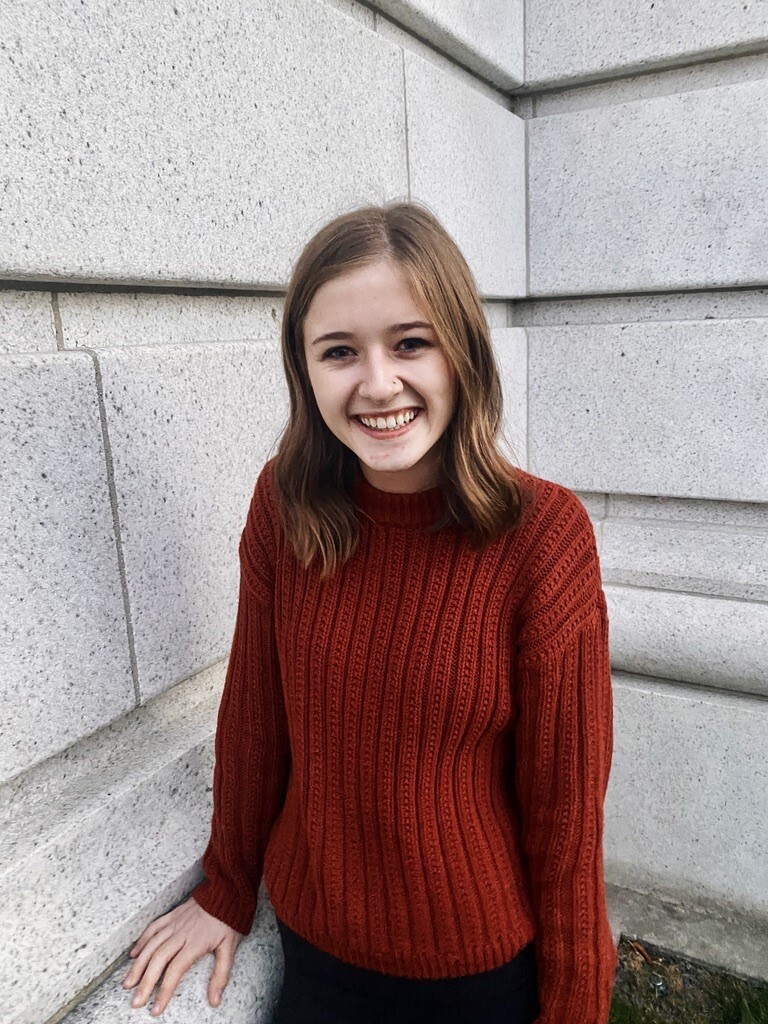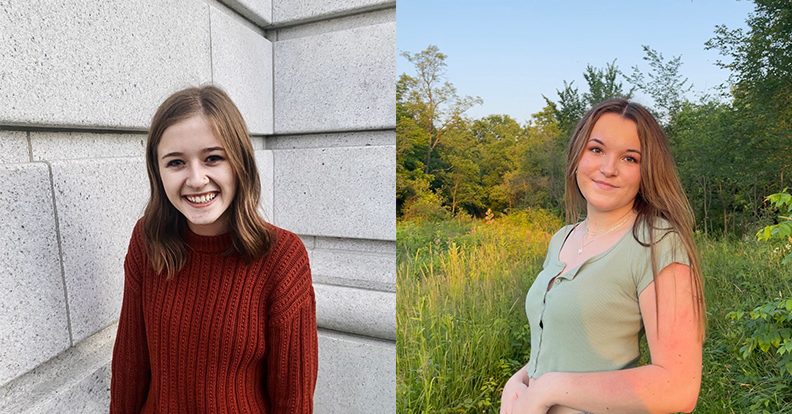It should come as no surprise to the UW-Madison community that the university isn’t the most accessible to those with disabilities. Centering campus is Bascom Hill, which is 850 feet long with a 10% slope. The recommended slope for a public wheelchair ramp is 5%. Some campus buildings are built along the sides of it, making climbing the hill essential for many students. Those with physical disabilities, though, are forced to find alternative ways to class.
Other campus buildings like Science Hall have crowded seating and the Mosse Humanities Building is difficult enough to navigate without having a physical disability complicating matters.
Outside of physical limitations, students can sometimes be careless with their language about disability. Professors, too, can be insensitive to students with disabilities and sometimes push the boundaries of what they are allowed to ask.
Advocates for Diverse Abilities is a group of students focused on making UW-Madison a more inclusive place for those with disabilities. I spoke with executive board members Stephanie Shoaf and Brelynn Bille about the goals of ADA and their thoughts on how disability is treated on campus.
Bille, who is a sophomore double majoring in community and nonprofit leadership and political science, said ADA supports students with disabilities and ensures they get accommodations from the McBurney Disability Resource Center on campus.
ADA, which has around 80 to 100 members, also works to remove the stigma that exists around disability and raise awareness about issues impacting the disabled community.
At the most recent ADA meeting, Beth Allen, a member of ADA’s executive board, gave a presentation about voting and disabilities in Wisconsin. In her presentation, Allen described the challenges people with disabilities face when voting, such as lack of accessible parking spaces or voting instructions not being printed in the required 18-point font.
Shoaf, a junior majoring in neurobiology and getting a certificate in disability rights, said ADA also does a lot of advocacy work.

“One of the projects we were working on last year was to have the Dean of Students revise UW’s hate and bias form to be more accessible and include students with disabilities more,” Shoaf said.
Shoaf explained ADA is working with the Office of the Dean of Students. However, the office is so busy that the project had to be put on hold until they give ADA the signal they’re ready to start revising the form.
ADA also supports the building of a Disabled Students Center on campus. The idea comes from Emmett Lockwood, a freshman who is interning with Associated Students of Madison. Lockwood has perceptual processing disorder, which means he has no depth perception and has difficulty taking in other forms of visual information. He also has a 20 percent bilateral hearing loss but doesn’t identify as being Deaf or Hard of Hearing, along with other medical hindrances that have not been diagnosed yet.
Lockwood said he was looking for a disabled community on campus but struggled to find one.
“I don’t think anyone fundamentally wants to exclude disabled students from campus life and from finding community at UW, but often people look at disabled students only through the lens of how to accommodate us,” Lockwood wrote via email. “Yet, people often don’t take into mind that we have our own culture, our own history, our own way of being outside of neurotypical non-disabled society that needs to be honored and represented at UW.”
He’s envisioning the Disabled Students Center to foster the same sense of community that already exists for LGBTQIA+ students in the Gender and Sexuality Campus Center. He even created a change.org petition so students could show their support: https://chng.it/RZhWgv7yS6
In December, Lockwood will present the project to the assistant dean/director of the McBurney Center and the associate vice chancellor for identity and inclusion.
Bille and Shoaf also discussed the lack of awareness on campus toward students with disabilities.
“I think it’s a general societal stigmatization that if someone’s not in a wheelchair then they don’t have a disability. Or if they don’t look like a person who is on the spectrum then they don’t have a disability,” Bille said.
Last year, Bille wrote a letter to the editor for The Badger Herald about how America is continuing to fail people with disabilities. In it, she wrote that the Americans with Disabilities Act “did not end discrimination ⎯ instead it knocked down a few walls that have lead (sic) to a new generation of activism” and that “UW must provide additional resources to help students with disabilities.”

She said there are classrooms on campus that are not easily accessible by wheelchair, and that the cramped seating and lack of accessible areas in lecture halls makes students with physical disabilities “uncomfortable” and “stand out.”
“There’s a lot of small examples, but when you’re the person needing them they’re not small. They are a really big deal and a really big barrier to your learning.”
Bille, who is disabled and gets accommodations from the McBurney Center, shared that virtual classes last year had pros and cons for students with disabilities. For instance, some students didn’t have to deal with the typical distractions of in-person classes. However, Bille’s roommate, who is deaf, struggled to get her online lectures captioned.
Now that classes are back in person and UW-Madison social life is returning to pre-pandemic levels, Shoaf talked about her experience in social settings on campus and how disability is sometimes joked about.
“I’ve heard people use (the r-word) at a tailgate and it’s so nonchalantly used. They just say it and move on, but I don’t think people understand the severity of it.”
Shoaf and Bille agree that education and raising awareness are ways to improve campus. One step would be including more about disability in course curriculums.
“Usually when we talk about how a historical event impacts people differently, we don’t include how people with disabilities were impacted. I feel we often overlook that people with disabilities are the largest minority group in the US,” Bille said.
Overall, Shoaf and Bille believe people with disabilities will continue to face physical limitations at UW-Madison until buildings are renovated to be more accommodating. For now, the campus community can be more mindful about language and remember that disability is not always visible. If people are more conscious of the needs of their classmates with disabilities, UW-Madison will become a more welcoming and inclusive space.

